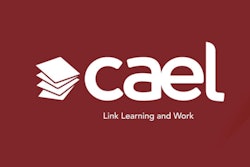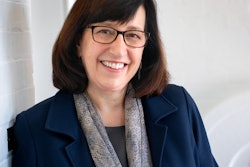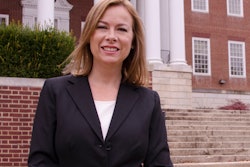With many countries’ borders remaining closed to tourists and non-essential travelers due to the COVID-19 pandemic, colleges and universities are making the decision to cancel fall study abroad programs.
Dr. Thomas J. D’Agostino, associate dean of global education at Hobart and William Smith Colleges (HWS), said the school wanted to announce a decision before students incurred any expenses such as airfare.
There was also concern about students not being able to get to various locations due to the lack of flights or the challenges of obtaining a visa, according to Dr. Gareth McFeely, executive director of study abroad at Boston University (BU).
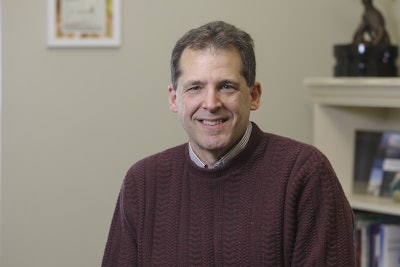 Dr. Thomas J. D’Agostino
Dr. Thomas J. D’Agostino“We felt that with our small staff on the ground, we weren’t going to be able to provide them or guarantee them the kind of safe environment that we hoped to be able to provide on our main campus in Boston,” he added.
D’Agostino said the news did not come as a surprise to students. Prior to the official cancellation announcement, some came forward and expressed their concerns and fears about going abroad during this time.
“For young people to have gone through this level of change and disruption to their academic experiences, much less their lives, I’ve been really impressed with how they have reacted and their ability to kind of look at alternatives and look forward,” he said. “If I were in their shoes at 20-years-old or thereabouts, I’m not sure I would have reacted as well as they have.”
Amid the cancellation of fall abroad programs, housing and course registration are also concerns for students.
Since most students choose to study abroad during their junior or senior year, they typically search for housing off campus as it gives them more flexibility, said McFeely. Now, because going abroad may not be an option, HWS has set aside rooms in dormitories or apartments for students to live on campus for the fall. Additionally, he said with many international students not coming back to campus this semester due to travel challenges, more housing options are also opening up.
Due to the uncertainty, HWS has also allowed study abroad students to register for courses alongside everyone else as a safety net.
“They weren’t going to have to scramble and try to get into closed courses and get closed out of things that they might need for graduation,” said D’Agostino. “And that really helped allay a lot of the concerns that students had.”
Still, as a way to keep students globally engaged, The State University of New York at Buffalo (UB) is testing virtual study abroad options.
Dr. Mara Huber, associate dean of undergraduate research and experiential learning at UB, takes students on an annual two-week summer trip to Tanzania to learn about its history, culture and politics.
However, due to COVID-19, Huber decided to make that summer trip a virtual abroad experience for the fall semester.
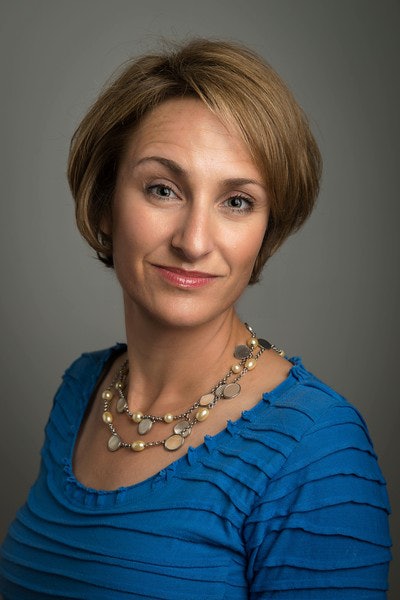 Dr. Mara Huber
Dr. Mara Huber“With the landscape changing so dramatically and the disruption of study abroad, they haven’t even really set a time of when it’s going to open up again, it was just an opportunity to move boldly because I really wanted to give students an opportunity to have an immersive global experience,” she said. “Just within this context, it seemed even more compelling and urgent.”
The program, which is open to students of all disciplines, will use interactive technology to explore and learn about Tanzania in a virtual setting.
Students will follow a similar itinerary to the two-week trip by “visiting” the same areas through digital maps, photographs and videos. They will also collaborate with Tanzanian partners through Zoom to work on projects.
This summer, around 15 students are working with Tanzanian partners remotely on projects that are tied to global issues and United Nations Sustainable Development Goals.
“I call this a virtual study abroad trip because it really is sort of a virtual version,” said Huber. “But I think it’s more like a global challenge because the focus is on the projects and making a contribution. In order to do that, you really have to sort of develop an understanding and you have to get close to the place and the people.”
For those students working on community projects over the summer, Huber is encouraging them to enroll in the fall course. Her goal is to have around 20 participants in the class. Since there is no additional cost to take this course, more students will be able to access global engagement opportunities.
“Really taking away those obstacles that have really limited who can participate in these transformative types of trips I think is important, too,” said Huber. “I don’t think it’s going to substitute study abroad, but hopefully it will provide other opportunities for exploration and engagement.”
For the fall, it will be the only virtual, global course offered at UB. However, Huber is “hopeful” that “people will be more open to seeing how technology can actually enhance global types of engagement and learning” so the program can expand to include other countries and institutions.
Sarah Wood can be reached at [email protected].






